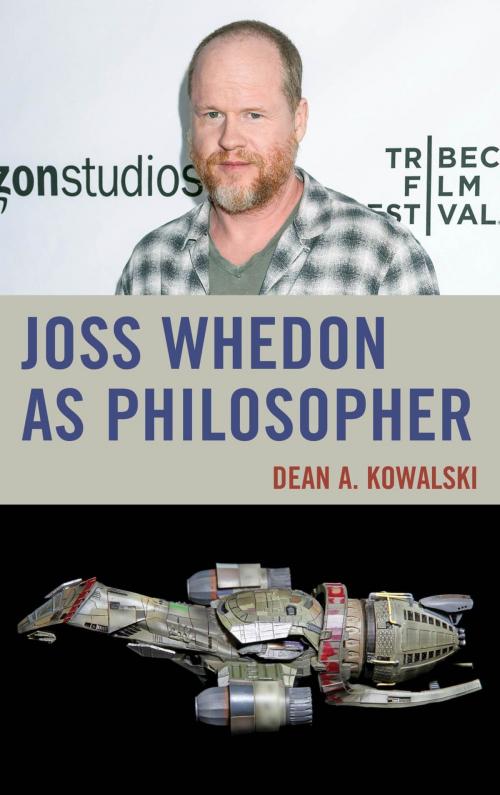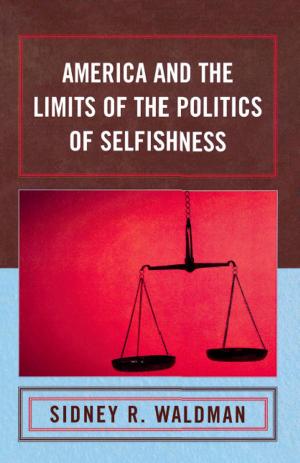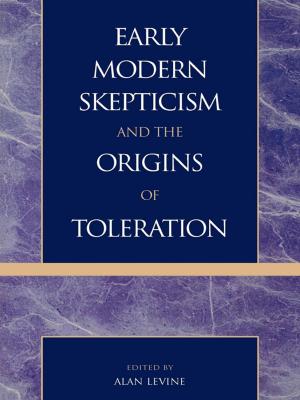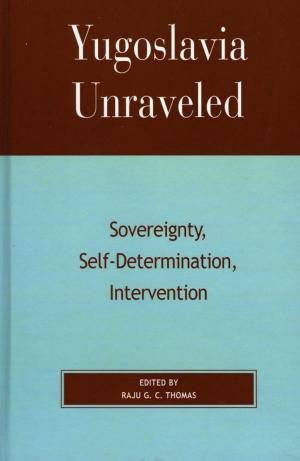Joss Whedon as Philosopher
Nonfiction, Religion & Spirituality, Philosophy, Ethics & Moral Philosophy, Social & Cultural Studies, Social Science, Cultural Studies, Popular Culture| Author: | Dean Kowalski | ISBN: | 9780739196663 |
| Publisher: | Lexington Books | Publication: | November 29, 2017 |
| Imprint: | Lexington Books | Language: | English |
| Author: | Dean Kowalski |
| ISBN: | 9780739196663 |
| Publisher: | Lexington Books |
| Publication: | November 29, 2017 |
| Imprint: | Lexington Books |
| Language: | English |
In this book, Dean Kowalski argues that filmmakers can “do” philosophy when creating a fictional narrative film, and utilizes a careful and extensive analysis of Joss Whedon’s fictive creations—Buffy the Vampire Slayer, Angel, Firefly, Dollhouse, and The Cabin in the Woods (among others)—to establish this thesis.
This book appeals to many different readers. For the many admirers of Whedon’s fictive creations, it offers one of the most comprehensive analyses of his corpus. It reprises many examples and dialogue passages from the far corners of the so-called “Whedonverse.” You’ll get a chance to re-experience your favorite dramatic moments, and think about them in novel ways. For popular culture scholars, it offers illustrations of various philosophical theories, explains how those theories pertain to relevant data points in Whedon’s oeuvre, and assesses whether, or to what extent, they have real-world application. For philosophers of film, it explicates crucial issues germane to the film-as-philosophy debate, but also expands them to television—all in the attempt to demonstrate why it is that Whedon ought to be included among those rare filmmakers who engage the philosophical process via their artistry.
In this book, Dean Kowalski argues that filmmakers can “do” philosophy when creating a fictional narrative film, and utilizes a careful and extensive analysis of Joss Whedon’s fictive creations—Buffy the Vampire Slayer, Angel, Firefly, Dollhouse, and The Cabin in the Woods (among others)—to establish this thesis.
This book appeals to many different readers. For the many admirers of Whedon’s fictive creations, it offers one of the most comprehensive analyses of his corpus. It reprises many examples and dialogue passages from the far corners of the so-called “Whedonverse.” You’ll get a chance to re-experience your favorite dramatic moments, and think about them in novel ways. For popular culture scholars, it offers illustrations of various philosophical theories, explains how those theories pertain to relevant data points in Whedon’s oeuvre, and assesses whether, or to what extent, they have real-world application. For philosophers of film, it explicates crucial issues germane to the film-as-philosophy debate, but also expands them to television—all in the attempt to demonstrate why it is that Whedon ought to be included among those rare filmmakers who engage the philosophical process via their artistry.















